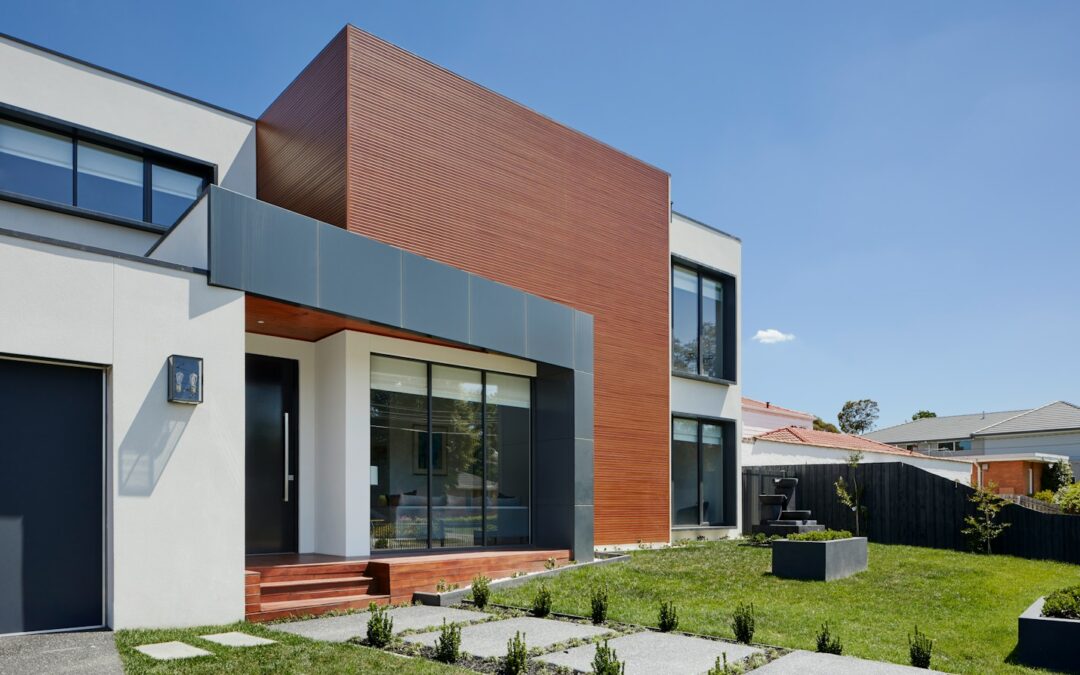The Role of Smart Buildings in Saudi Arabia in Transforming Corporate and Residential Spaces
Introduction to the Evolution of Smart Buildings
The concept of smart buildings in Saudi Arabia represents a critical junction between innovative technology and real estate development, fundamentally redefining the efficiency and sustainability of workplace and residential environments. These buildings, equipped with advanced AI and IoT technologies, are not only enhancing comfort but also promoting a greener, more sustainable future. As Saudi Arabia pursues its Vision 2030 goals, the rise of smart buildings is poised to play a key role in transforming urban landscapes into smarter, more efficient spaces.
Technological Integration in Modern Real Estate
At the heart of the shift towards smarter buildings in Saudi Arabia is the integration of Artificial Intelligence (AI), Internet of Things (IoT), and Blockchain technology. These technologies facilitate unprecedented levels of control and automation, allowing building systems to adjust conditions in real-time based on the data received from connected devices. Moreover, the use of AI enhances security systems through facial recognition and anomaly detection, providing a safer living and working environment for all.
Benefits of Smart Building Innovations
The adoption of smart building technologies in Saudi Arabia offers extensive economic, environmental, and social benefits. Economically, these buildings reduce operational costs by optimizing energy use and maintenance. Environmentally, they contribute to the Kingdom’s green initiatives by minimizing carbon footprints. Socially, they improve the quality of life by seamlessly integrating technology into everyday life, ensuring that both residents and workers benefit from enhanced safety features and comfort.
Corporate Advantages of Smart Workspaces
In the corporate sector, smart buildings in Saudi Arabia are revolutionizing the way businesses operate. By fostering an environment that prioritizes technology and sustainability, companies are seeing improvements in employee productivity and satisfaction. Smart workspaces support agile working methods and facilitate better communication and collaboration through integrated technology. The result is a more flexible, responsive business environment that can adapt to changes more quickly and efficiently.
Driving Residential Comfort and Efficiency
On the residential front, smart buildings provide homeowners with enhanced control over their living environments through smart home automation systems. These systems allow for the management of everything from lighting and temperature to security, all from a smartphone or other device. This not only improves the comfort and quality of life for residents but also drives down energy costs, aligning with the economic goals of Saudi Arabia’s national vision.
Enhancing Safety and Resilience in Building Infrastructure
In addition to efficiency and sustainability, smart buildings in Saudi Arabia are playing a crucial role in enhancing safety and resilience in building infrastructure. Advanced AI-powered monitoring systems can detect potential hazards such as fire, gas leaks, or structural weaknesses in real-time, enabling swift responses to mitigate risks and ensure the safety of occupants. Furthermore, IoT sensors integrated into building components facilitate predictive maintenance, identifying maintenance needs before they escalate into safety concerns, thus prolonging the lifespan of the infrastructure.
Facilitating Data-Driven Decision Making for Building Management
The abundance of data generated by smart building technologies offers valuable insights that can inform decision-making processes for building management and urban planning. Through data analytics and predictive modeling, stakeholders can optimize building performance, anticipate future needs, and plan more effectively for sustainable growth. This data-driven approach enables proactive maintenance, energy optimization, and resource allocation, leading to greater operational efficiency and cost savings over the long term.
Empowering Sustainable Communities through Smart Infrastructure
Beyond individual buildings, the integration of smart technologies into urban infrastructure is fostering the development of sustainable communities in Saudi Arabia. Smart grids, for example, enable efficient energy distribution and consumption across neighborhoods, reducing waste and environmental impact. Additionally, interconnected transportation systems and smart city initiatives enhance mobility, reduce congestion, and improve overall quality of life for residents. By prioritizing smart infrastructure development, Saudi Arabia is laying the foundation for vibrant, resilient, and eco-friendly communities that align with the goals of Vision 2030.
The Future of Smart Buildings in Urban Development
As urban development continues to accelerate in Saudi Arabia, smart buildings are expected to become the cornerstone of urban architectural strategies. The future will likely see these intelligent structures becoming the norm, with cities becoming more responsive to the needs of their populations through sustainable and technologically advanced building practices. This shift is set to redefine what it means to live and work in Saudi Arabia, promoting a tech-driven, sustainable future that other countries might emulate.
#Smart_Buildings, #SaudiVision2030, #Innovation, #AI_Real_Estate, #IoT, #Sustainable_Development, #Urban_Technology











